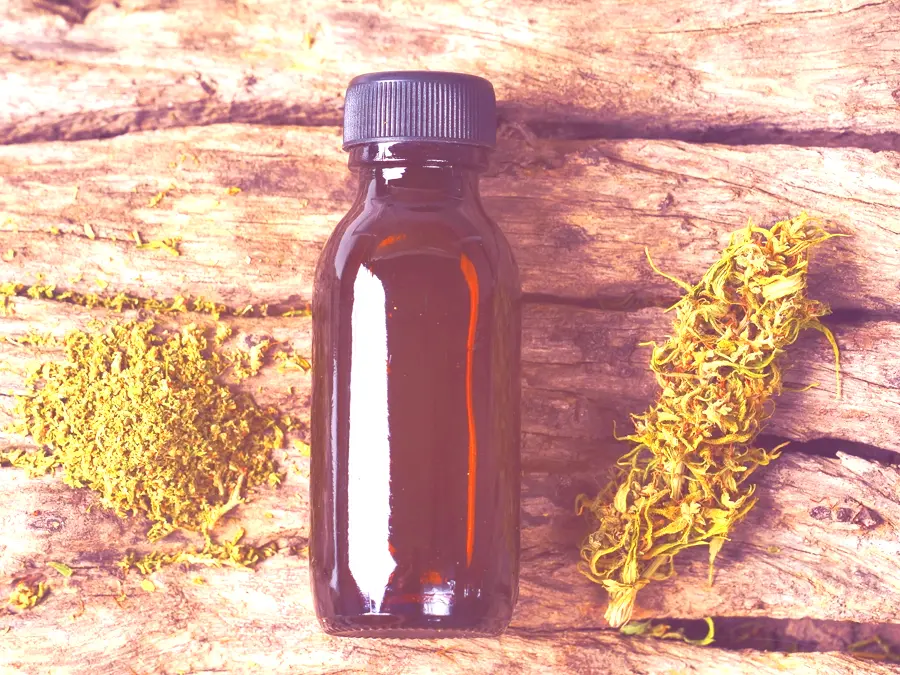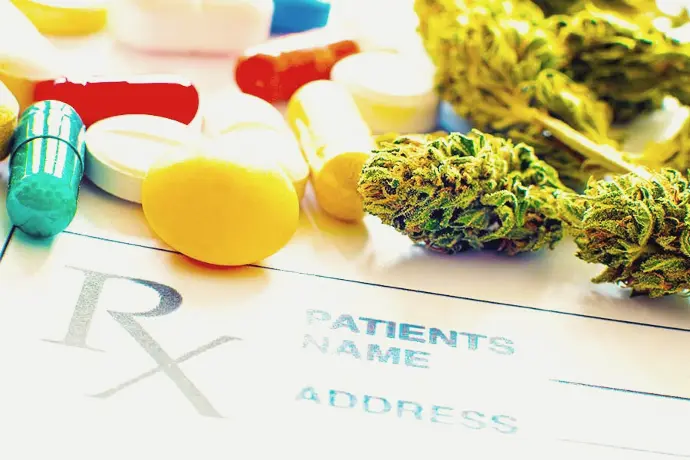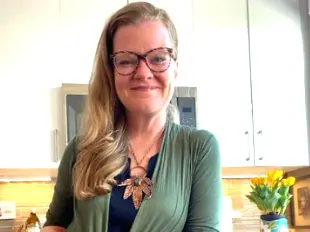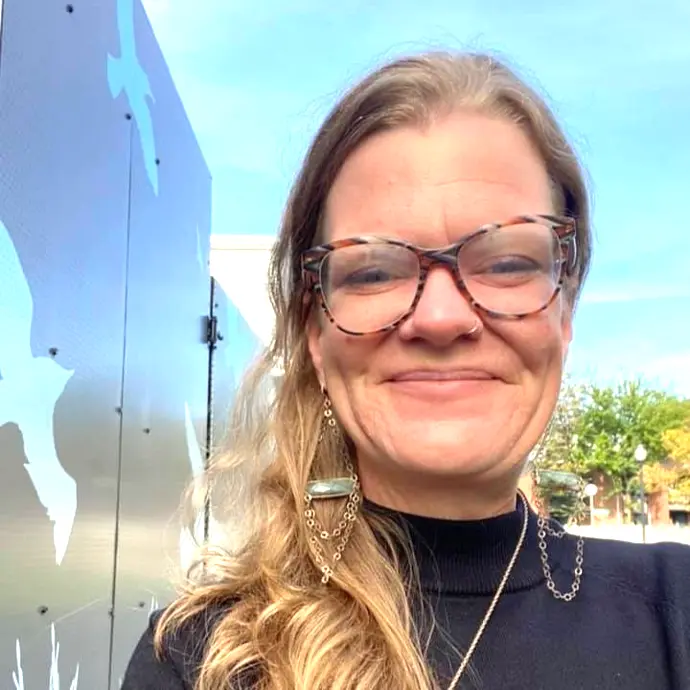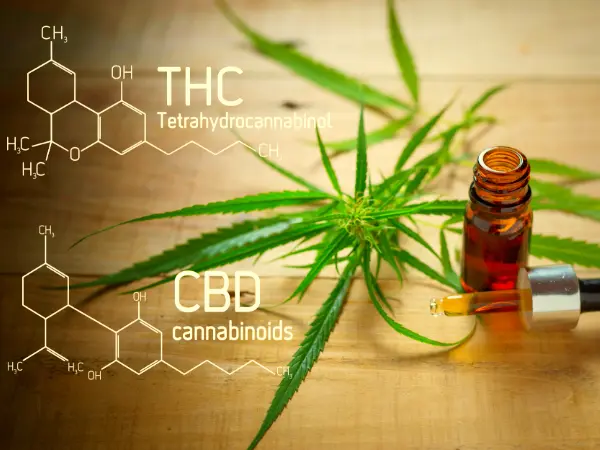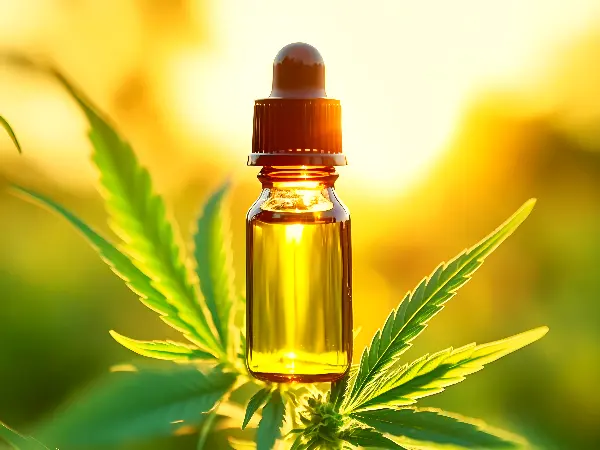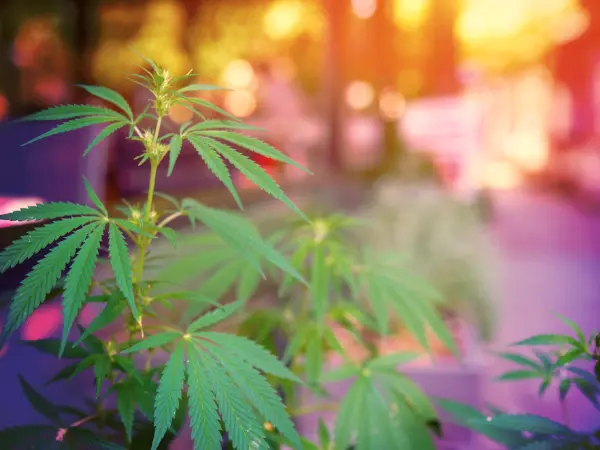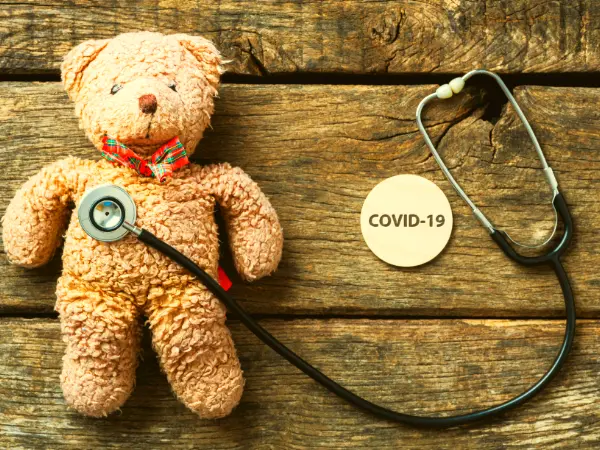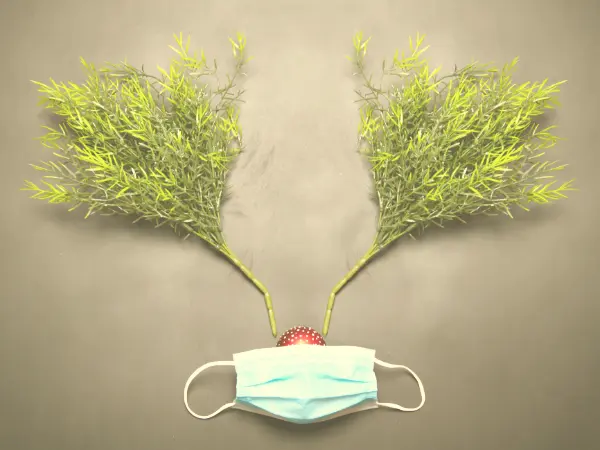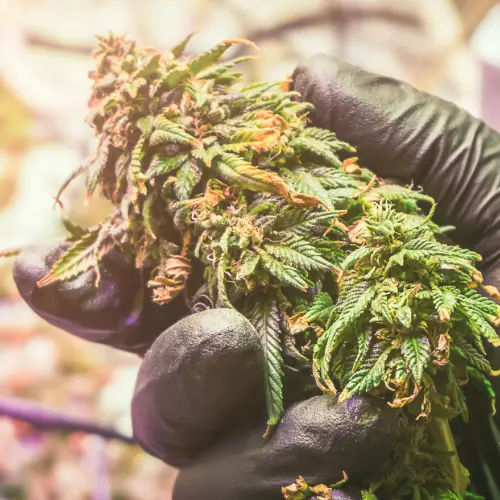March 13, 2024, EAST BOSTON: Cannabis Harm Reduction Policy Recommendations for the Governor Healey & Driscoll Administration from the iCount: Cannabis as an Alternative Research Study Led by the Cannabis Center of Excellence
Today, the Cannabis Center of Excellence (CCOE) presented a policy memo and recommendations to the Governor Healey and Driscoll Administration regarding the findings of the recently concluded iCount: Cannabis as an Alternative research study. The recommendations addressed to the Administration focus on considering cannabis as a harm reduction alternative in addressing the opioid epidemic. Governor Maura Healey led the nation in suing the Sacklers and other pharmaceutical giants who caused the opioid epidemic. As a result, there is over $500 million dollars available in Massachusetts to dedicate resources towards harm reduction and treatment for opioid addiction and recovery. In fact, the opioid resettlement funds could potentially allow for the research into cannabis as a harm reduction alternative. Specifically, the MA opioid settlement funds allow:
- A program that encourages innovation, fills gaps, and fixes shortcomings of existing approaches; supplements prevention, harm reduction, treatment, and recovery services; includes evidence-based, and promising programs; and takes advantage of the flexibility that is allowed for these funds.
- Use of Funds, Section 4: Harm Reduction: Support efforts to prevent overdose deaths or other opioid-related harms through strategies that: Promote efforts to train health care providers, students, peer recovery coaches, recovery outreach specialists, and other professionals that provide care to persons who use opioids or persons with OUD in crisis training and harm reduction strategies.
Massachusetts Policy Recommendations from the iCount: Cannabis as an Alternative Study
- Fund the development of evidence-based training & education materials for healthcare providers, recovery workers and front-line workers on the evidence, role, and risks of medical cannabis as a harm reduction alternative to address the opioid epidemic.
- Conduct a three-month scoping review of possible interventions for the region or county, including developing and delivering training materials, in addition to outlining a possible pilot education program for healthcare providers and recovery workers to understand the science and role of medical cannabis as a harm reduction alternative.
- Implement a research project to assess the impact of introducing medical cannabis as a potential harm reduction alternative in Massachusetts with patients in recovery or pain management.
- Conduct a cost savings assessment of introducing cannabis as a harm reduction alternative on State costs for addiction and recovery.
- Review options for developing regulations that support donations for medical and adult use cannabis for populations who suffer from addiction to alcohol, opiates, and other more harmful substances.
Dr. McNabb and Dr. Grinspoon will present additional study findings and insights during a three-part webinar series this spring on April 9, April 23, and May 23 at 7 PM online on Zoom. Register here for free.The iCount: Cannabis as an Alternative study investigators include: Principal Investigator Marion McNabb, DrPH, MPH President of the Cannabis Center of Excellence, and Co-investigators Peter Grinspoon, MD MGH/Harvard, Eva Rachel Tine, MSW, Alyssa Pingitore, MPH, and DJ Ritter.
